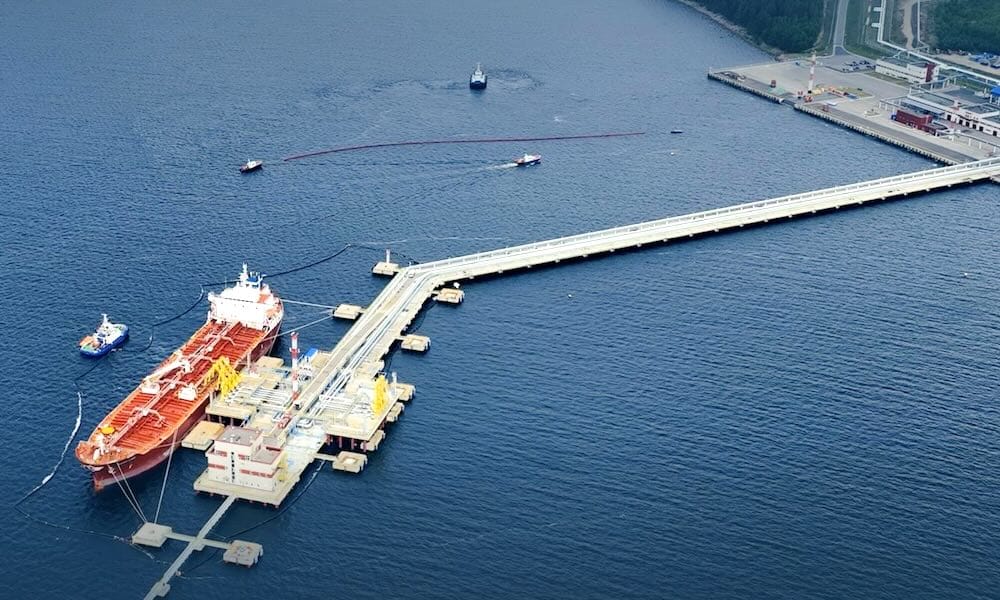Ukraine Escalates Drone Strikes on Russian Ports

Ukraine’s drone warfare has intensified, targeting Russia’s energy infrastructure with unprecedented strikes on the Baltic oil hub of Primorsk. The September 12 attacks damaged two tankers and halted terminal operations, resulting in visible fires. This marks a significant escalation, as Ukraine directly impacts shipping operations in Russian ports for the first time.
Direct Hits on Tankers and Infrastructure
In a dramatic raid, Ukrainian forces targeted two Sierra Leone-flagged aframax tankers, the Kusto and Cai Yun, which were struck while docked at Primorsk. The attack caused one of the vessels to catch fire, with plumes of smoke rising high into the air, visible from afar. Both tankers are under sanctions, highlighting the ongoing economic tensions between Ukraine and Russia. The assault also damaged the port’s loading terminal, leading to a suspension of crude operations. At the time of the attack, eleven merchant vessels were present in the port, raising concerns about the safety and security of maritime operations in the area.
Russian state media reported that their defense forces intercepted over 200 drones across the country, including at least 30 in the Leningrad region. Governor Alexander Drozdenko confirmed that a vessel and a pumping station had caught fire due to the strikes, but he assured there was no risk of an oil spill. This incident is particularly significant as it represents the first time Ukraine has inflicted collateral damage on ships in Russian Baltic ports, raising alarms about the disruption of oil flows that had recently averaged 1.5 million barrels per day from Primorsk.
Impact on Russian Oil Exports and Ukraine’s Strategy
The implications of the September 12 strikes extend beyond immediate damage. Ukrainian President Volodymyr Zelensky emphasized the importance of targeting Russian energy resources, stating, “The most effective sanctions are fires at Russian oil refineries, terminals, and storage facilities.” He noted that these attacks severely limit the Russian oil industry, thereby constraining Russia’s war efforts. The strikes also affected pumping stations linked to Ust-Luga and several refineries in Ufa, Smolensk, and Kirishi. According to estimates from Bloomberg, the combined impact may have reduced Russian refining capacity by up to 250,000 barrels per day, representing about 5% of the country’s total output.
Russia’s Vast Naval Modernization Set Back By War In Ukraine
Zelensky urged international allies to maintain pressure on Moscow’s energy sector, asserting that Ukraine’s drone strikes serve as effective sanctions. He claimed that Russia could suffer daily export losses of around $41 million due to these targeted operations. As the conflict continues, the strategic importance of undermining Russia’s energy infrastructure remains a critical focus for Ukraine’s military efforts.
